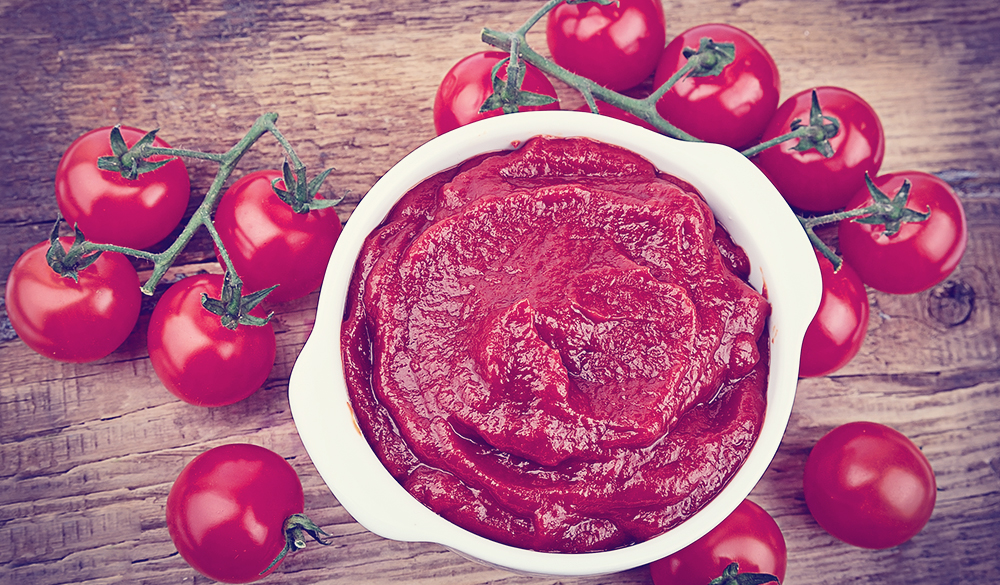Lycopene is a carotenoid found in those foods that have a pink-to-red hue to them, such as tomatoes, pink grapefruit, watermelon, papaya and guava. The most common dietary source in the western diet is tomato paste.[1]
Lycopene is a potent antioxidant and has been extensively studied for more than 70 years. There are more than 2000 articles published in peer-reviewed journals with a further 4000 publications of various sources, scientific or otherwise, on the subject.[1] Much of the evidence for lycopene is looking at its impact on various cancers, cardiovascular disease and eye health. But there is also interesting studies in other health areas, such as sunburn, gingivitis and psychological disorders.[1]
A small, but promising study published in Allergy in 2000 looked at the utility of lycopene for the prevention of exercise-induced asthma. Researchers recruited 20 subjects with a history of exercise-induced asthma for the study, comprising 13 males and 7 female participants. With a median age of 23 years, subjects in this study ranged in age from 10-43 years.[2]
All participants underwent an initial pulmonary function test, whereby it was found that they all exhibited a reduction of at least 15% in their forced expiratory volume in 1 second (FEV1) after a 7 minute run on a motorised treadmill followed by an 8 miuten rest. This method of exercise testing was employed both before and after a 7-day double-blind supplement regime of 30mg lycopene daily, with a 4 week wash out between each protocol.
At the conclusion of the study, it was found that, as a group, the placebo-supplemented patients had a mean reduction after exercise of 26.5% FEV1 while the lycopene-supplemented patients had a mean reduction after exercise of 14.7% FEV1. Of the 20 patients in the study, 55% reported benefit in exercise-induced asthma. Furthermore, those who positively benefited from the lycopene also reported a subjective feeling of wellbeing.
From these results, the researchers concluded that a significant number of asthmatic patients could benefit from lycopene and other antioxidants of a similar nature, such as vitamin C and other carotenoids.[2]
For naturopathic and nutritional practice, this helps to guide dietary and supplemental decisions for those patients, both adults or children, who might be experiencing exercise-induced asthma.
References
- Story, EN, Kopec RE, Schwartz SJ, et al. An update on the health effects of tomato lycopene. Annu Rev Food Sci Technol 2010;1:189-210. [Full Text]
- Neuman I, Nahum H, Ben-Amotz A. Reduction of exercise-induced asthma oxidative stress by lycopene, a natural antioxidant. Allergy 2000;55(12):1184-1189. [Abstract]
DISCLAIMER:
The information provided on FX Medicine is for educational and informational purposes only. The information provided on this site is not, nor is it intended to be, a substitute for professional advice or care. Please seek the advice of a qualified health care professional in the event something you have read here raises questions or concerns regarding your health.



